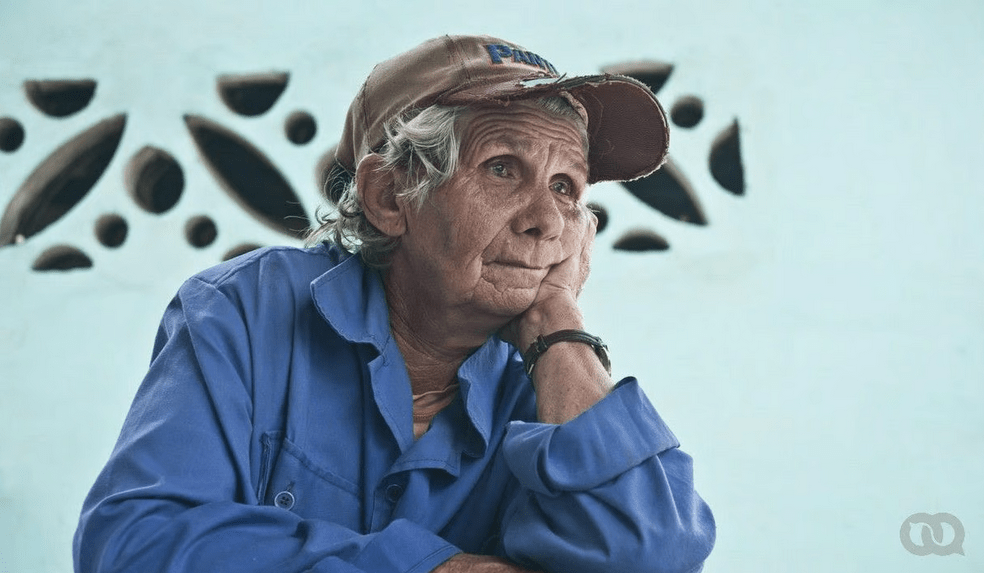
HAVANA TIMES – What’s it like to grow old in Cuba today? Poverty, loneliness, and abandonment are part of the reality experienced by the over-65 population on the island.
“The Old Age We Never Expected” is the title of the book published in September 2023 by the project “Cuido60, Observatory of Aging, Care, and Rights”. The volume compiles images and stories about experiences of old age that were awarded in the first two editions of the “Looking at Old Age” contest (2022 and 2023), which recently opened its third call for submissions.
“And here I am, sixty-two years after that first of January 1959, at over 70 years old, thinking that, economically speaking, things haven’t been so bad for me, especially because I’ve been able to ensure that my two children have studied and have a profession that should help them move forward, but with the terrible disappointment that it wasn’t this country, destroyed socially, economically, and morally, the one I dreamed of leaving to them and my grandchildren,” writes Ines Caridad Casal, author of one of the stories in the book.
Challenges of Aging in Cuba Today
“My generation, over 60 years old, has always lived in difficult conditions. (…) Today, in addition to the scarcity of food, rampant inflation, we are experiencing a serious lack of all kinds of medicines and a total abandonment of any essential services to have a normal life. (…) In this context, the elderly have been severely hit, especially those who are alone, isolated, forgotten anywhere in the country,” narrates Teresa Diaz Canals, an author included in the anthology.
Most of the photographs and stories collected in the book reflect old age in the current context as a stage of decline, loss, and deficits. The absence of artistic and narrative constructions expressing so-called healthy aging — a process by which people can develop their potential with dignity and equality — is notable. On the contrary, being elderly in Cuba is associated with dependency and vulnerability, assures Elaine Acosta, editor of the work, in the volume’s introduction.
Acosta, who is also the executive director of Cuido60, adds that the book unintentionally compiles the breadth of topics related to the situation of t


